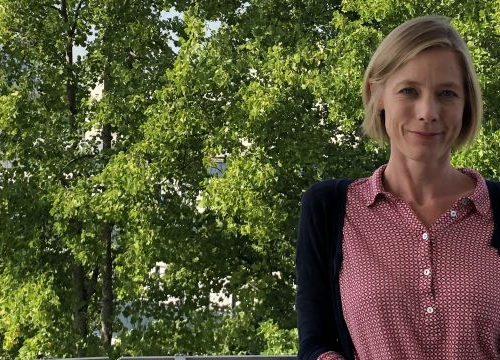The importance and the Limits of International Law for Resolving Humanitarian Issues in Situations of Armed Conflict and Transitional Justice
Event
Opening Lecture of the Academic Year
Seven decades after their adoption, the 1949 Geneva Conventions enjoy universal ratification, frequent reaffirmation, and widespread integration into domestic law and military doctrine. A complex web of treaties and customary international humanitarian law (IHL) sets out further limits and protection in armed conflicts. We know that in many instances, every day, this law is respected by parties to armed conflicts around the world. We also know that there are still too many violations and we continue to see enormous suffering.
In the face of a rapidly changing world, from the emergence of new technology to evolving structures of non-state armed groups, this opening lecture of the 2019–2020 academic year by Lindsey Cameron will explore some of the current challenges for IHL and transitional justice.
About Lindsey Cameron
Lindsey Cameron is the Head of the unit of Thematic Legal Advisers in the Legal Division of the International Committee of the Red Cross.
She holds a PhD in public international law from the University of Geneva and is an alumna of the Geneva Academy. She has published a number of books and articles on IHL. Prior to joining the ICRC, Lindsey worked as a researcher at the University of Geneva. She has also worked for the United Nations High Commissioner for Refugees (UNHCR) in the Balkans and at the Court of Appeal for Ontario in Canada.








